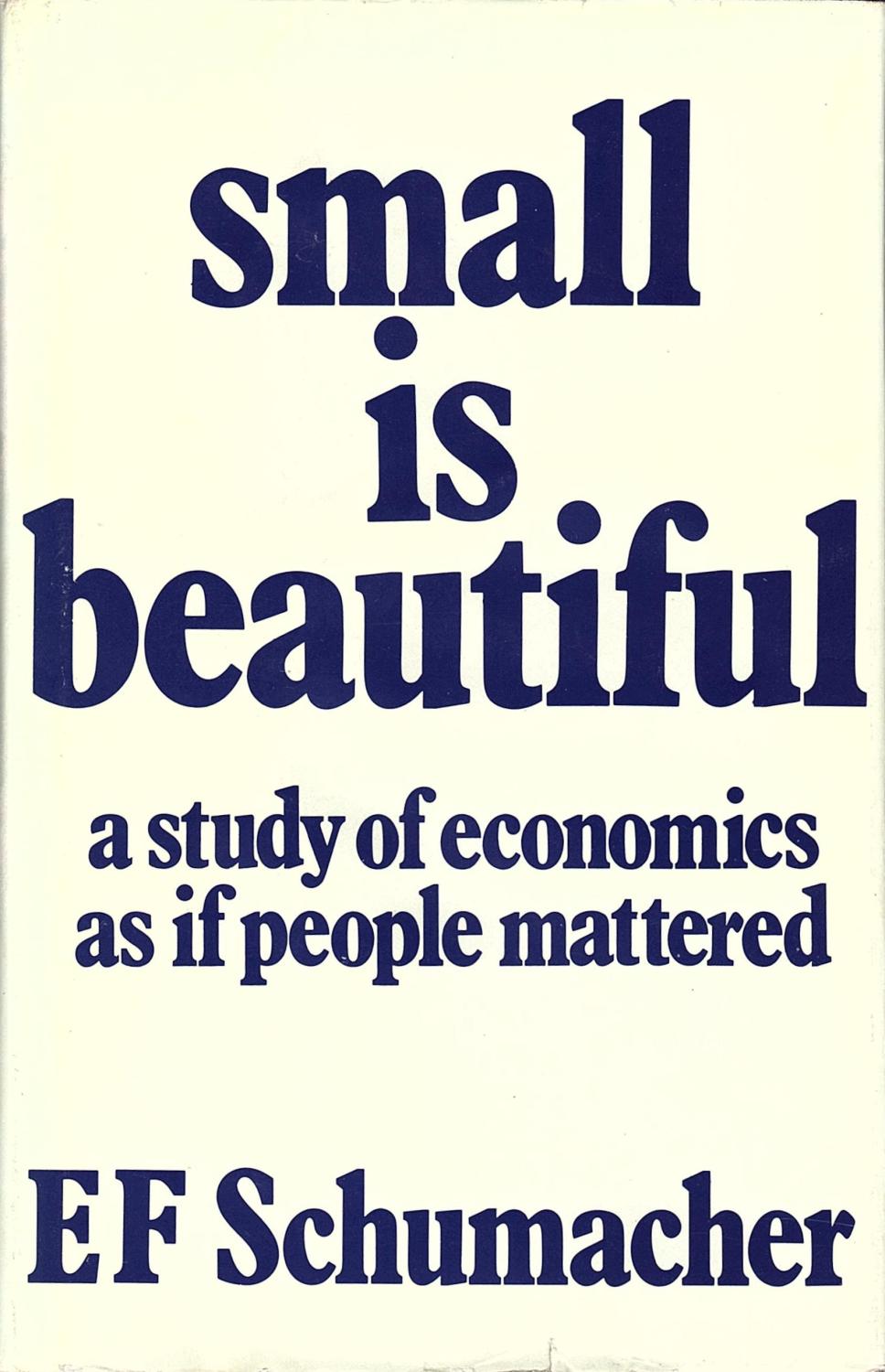Quick notes: RuPay, Vanishing Aravalli...
- Mastercard lodged U.S. protest over Modi's promotion of RuPay: Mastercard told the U.S Govt that Modi was using nationalism to promote the use of RuPay, which levied half the transaction fee charged by Mastercard and Visa... Modi in June said foreign card companies take their transaction fees abroad and as “everyone cannot go to the border to protect the country, we can use RuPay card to serve the nation”. This year, U.S. tech companies have protested against an Indian law that would require them to store more data locally.
- Greed-driven economics: Toxic air killed over 1 lakh children in India in 2016.
- Vanishing Aravalli hills affecting air quality in Delhi: 31 out of 128 Aravalli hills in Rajasthan have disappeared due to illegal mining activities.... What Delhi can learn from Beijing.
- Political ego: Statue of Unity could have paid for 2 IITs, 5 IIMs and many agri projects
- India's art of simple living -Michel Danino:
Strabo, the Greek geographer and historian of the first century BCE noted, “All Indians live a simple life,” which surely requires some qualification: as we know from Kautilya and others, or from the artha-kama-dharma-moksha quadruple objective of life, wealth was not looked down upon; it was however to be used in a dharmic way, not merely for oneself but for the good of the society around. Thousands of inscriptions from all periods of Indian history testify to rulers, merchants, ordinary men and women, donating temples, icons, wells, ponds and other irrigation works, or endowments for centres of learning. Artistic depictions of village life point to comfortable but simple lifestyles. Barring the very wealthy, “Be happy with little” seems to have been the dominant line.
Today, we have perfected the art of being unhappy with much—or too much. Out of selfish greed rather than higher values, in search of petty pleasures rather than worthwhile accomplishments, we have critically jeopardised the planet’s lifecycles and caused species to fall extinct at a frantic pace. We must return to ancient India’s philosophy of simple living, else the collapse of our artificial system may one day force us to it. Our small everyday choices are blind and mechanical; let us make them enlightened and we can yet change tack.
“Greed is good” has been de facto the motto and prime mover of the world economy, especially of the US kind: let greed drive your growth; instil the same greed in others so as to boost consumption. The consumer is not a human being with free will, but a cog in the wheel whose choices can and will be oriented. Nobody needs processed or exotic foods, ten pairs of shoes, torn jeans, piles of electronic gadgets or diamonds—never mind, the obedient consumers will buy all those and more, even if they cannot afford them.
German economist Ernst Schumacher realised that this greed-driven economy could not last. He pioneered the concepts of appropriate technologies and unsustainable exploitable of resources, and authored the best-seller Small Is Beautiful in which he advocated a radically different philosophy: why not place the human being at the centre of the economy, rather than the consumer? “In Buddhist economics since consumption is merely a means to human well-being, the aim should be to obtain the maximum of well-being with the minimum of consumption. Modern economics, on the other hand, considers consumption to be the sole end and purpose of all economic activity.”

No comments:
Post a Comment